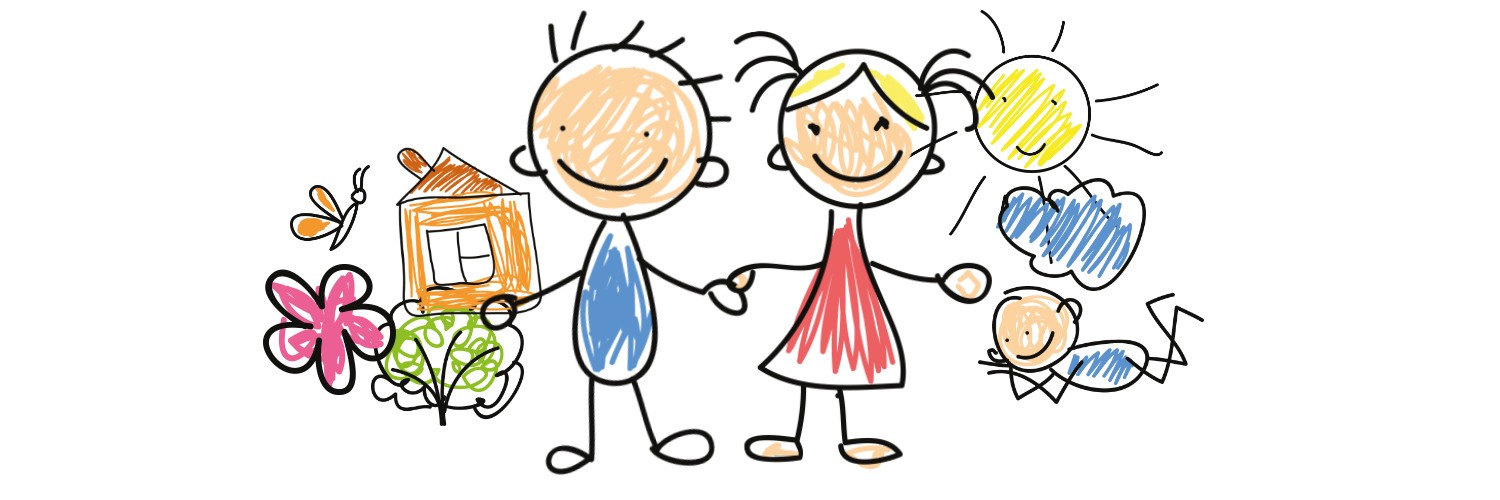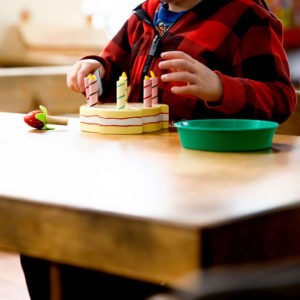What we want the children to learn, achieve and develop whilst at Nursery with the support of our wonderful teams and families.
Intention: We aim to provide a unique learning journey tailored to each child’s individual needs, fostering curiosity, imagination, resilience, and confidence in a safe and secure environment. At our setting, we believe that Personal, Social, and Emotional Development is a fundamental aspect of every child’s learning. Our forward-thinking approach allows both children and staff to develop an understanding of the world in line with British values, embracing our diverse society. We create an enriching atmosphere that celebrates all cultures, ethnicities, and beliefs, encouraging children to marvel at the world around them and to leave the Nursery with a sense of curiosity and a love for learning.
Implementation: Our learning framework is rooted in an inclusive and holistic partnership between key staff and parents. We consider children’s interests and developmental stages, adapting the environment accordingly. At MSDN, children embark on their learning journey supported by strong, positive relationships with practitioners, Key Persons, and families, who together enhance learning through engagement, interaction, motivation, care, love, and support.
Impact: Children at MSDN will leave the nursery school ready which is tailored to their unique individual needs, equipped to build healthy relationships, possessing the confidence to engage in critical thinking, effectively navigate conflict resolution, and manage their own emotions and behaviours.

